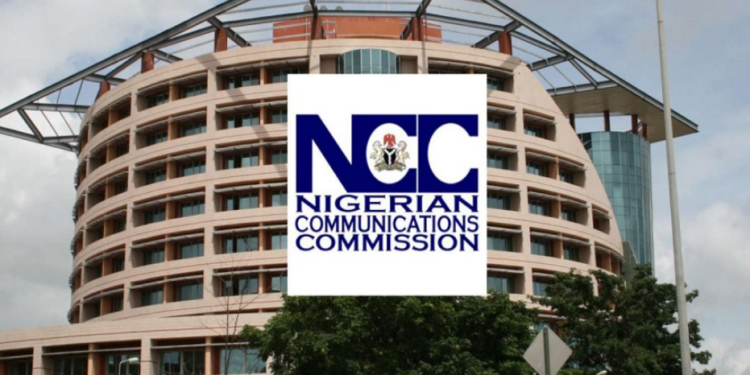The Nigerian Communications Commission (NCC) is developing a comprehensive cybersecurity framework to safeguard digital infrastructure and enhance online safety for telecom consumers.
The framework, expected to take effect in 2026, will address security challenges arising from emerging technologies and strengthen Nigeria’s digital economy.
According to a statement released on Friday by NCC’s Head of Public Affairs Mrs. Nnenna Ukoha, the initiative was the focus of the Commission’s second stakeholder meeting on the framework, held in Abuja. It builds on an earlier engagement with industry players earlier in the year.
Rising cyber threats demand stronger action
Speaking at the forum, NCC’s Executive Commissioner for Technical Services, Abraham Oshadami, said the increasing digitalization of services, rapid data exchange, and sophisticated cyber threats require a “robust, adaptive, and inclusive cybersecurity framework.”
He noted that cyber risks are no longer limited to confidentiality, integrity, and availability (CIA) but now extend to human safety.
“Both state and non-state actors are targeting essential sectors—including ours—through coordinated cyber and physical attacks. These attacks frequently target control systems and data integrity, posing critical risks to operational technology (OT), especially in our sector,” Oshadami warned.
Telecoms as prime targets
Oshadami added that the telecommunications sector, being the backbone of Nigeria’s digital economy, plays a critical role in national development, economic transformation, and social interaction. This makes it both a strategic asset and a prime target for cyberattacks.
“As cyberthreats evolve, they endanger not only system performance but also human safety, amplifying the severity of disruptions to vital communications infrastructure,” he said.
- The NCC explained that the ongoing consultations are meant to refine the framework, validate its design principles, and agree on implementation strategies.
- Oshadami stressed that sustainable cybersecurity can only be achieved through shared responsibility and strong public-private partnerships.
“With your continued expertise, insight, and collaboration, we are confident that we can co-create a framework that not only secures our digital infrastructure but also fosters innovation, competitiveness, and long-term industry growth,” he told participants.
Framework presentation and next steps
CEO of CyberNover, Dr. Kazeem Durodoye, the consultants working with the NCC, presented the draft framework to stakeholders, while the NCC’s Head of Cybersecurity and Internet Governance, Babagana Digima, disclosed that the project is being supported by the World Bank.
- Digima confirmed that the framework will be finalized by the third quarter of 2025, with implementation expected to begin in early 2026.
- He commended stakeholders for their input and urged continuous collaboration as the Commission strengthens Nigeria’s cybersecurity readiness.
- The Abuja forum provided a platform for industry players and government agencies to align on strategies for enhancing national cybersecurity preparedness and sector resilience. It also reviewed technical inputs from the first round of consultations.
Backstory
The Cybersecurity initiative for the telecom industry was first announced in June this year by the Executive Vice Chairman of the NCC, Dr. Aminu Maida, who stated that the proposed framework will outline minimum cybersecurity expectations for telecom operators.
- According to him, these include rules for incident reporting, risk management, information sharing, and collaboration with regulatory agencies.
- The initiative, he said, will be guided by existing laws such as the Cybercrime Prevention Act of 2015 and the Nigerian Data Protection Act of 2023, which require critical sectors like telecoms to adopt stronger cybersecurity measures.


























